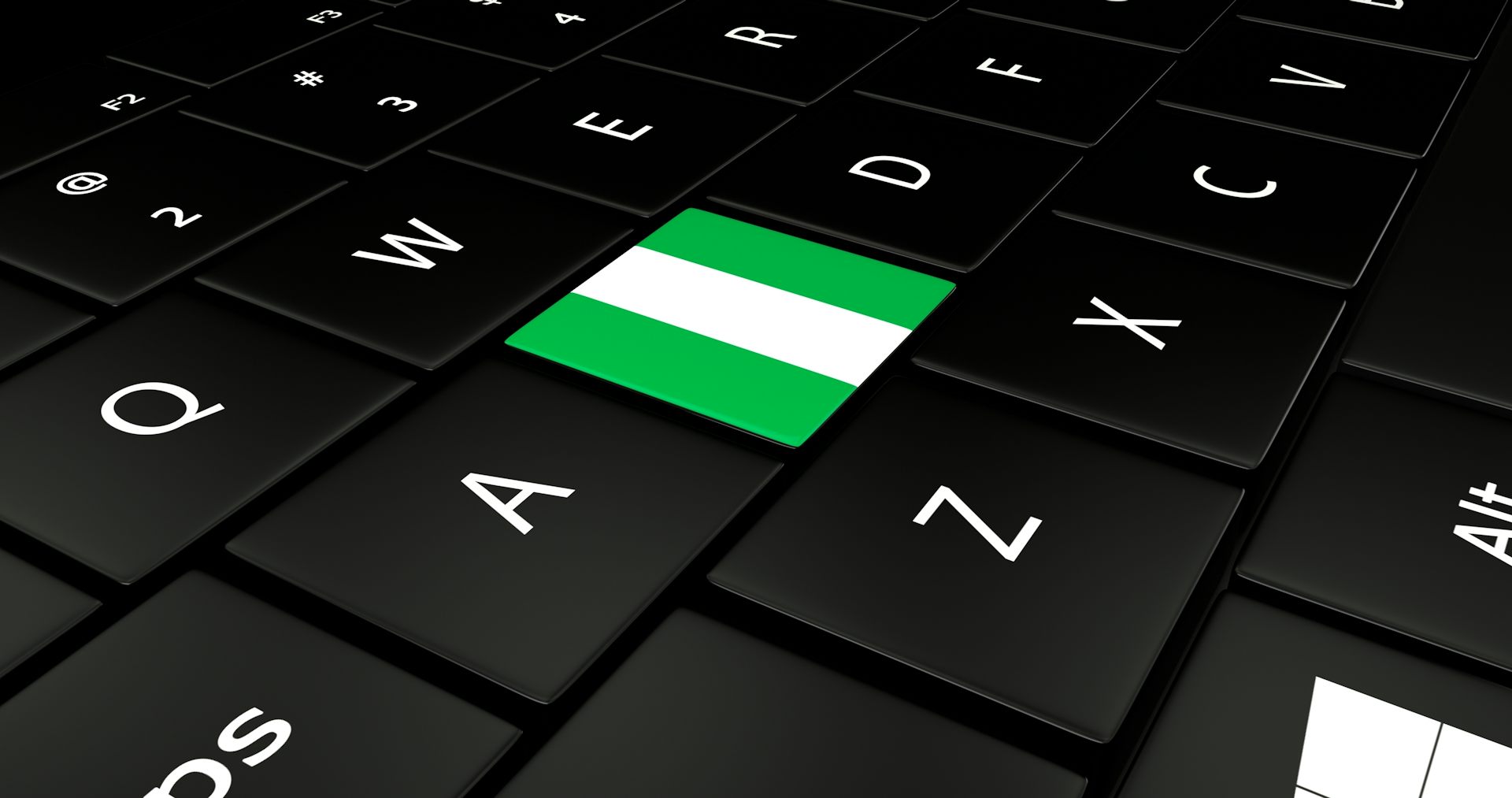
There is a saying in Nigeria, “Little by little the bird builds its nest”. In just the same way, Nigeria needs to embed digital literacy in its primary school curriculum. As with all countries, Nigeria needs to ensure that it is technologically prepared for the 21st century and that its technological dependency on the global North doesn’t increase.
Countries like Nigeria need to give pupils the skills needed as a foundation for mastering breakthroughs offered by, for example, artificial intelligence. Being able to develop the intelligence of machines can bring significant benefits to African countries across several sectors. There are numerous examples in health and agriculture.
These technologies will require a workforce that understands, develops and adapts them. Joining the industrial revolution starts in the classroom with – as McKinsey Global Institute has identified – the critical elements of digital skills like programming or coding.
Of course, many would argue that this can’t be done without additional funding – and Nigeria has historically been timid and ungenerous in its funding of education.
But I would argue that Nigeria can embed digital learning in primary schools in a way that would require relatively small financial investment. It would, however, require big changes to education provision.
I have identified a three-pronged approach that would help Nigeria to start developing a digitally literate generation and ultimately become a contributor to the digital economy.
What’s wrong
Nigeria’s education system is in dire straits. For example, only half of its children complete primary school or reach the reach the minimum international benchmarks of learning. This is according to estimates on education in middle-income countries like Nigeria by the International Commission on Financing Global Education Opportunity.
In 2018, Nigeria’s minister of education, Adamu Adamu, blamed the country’s historical poor funding of education as the root cause of its poor outcomes in education.
Further concerns were noted in Nigeria’s Ministerial Strategic Plan (2018-2022). The plan reveals that besides inadequate funding, Nigeria grapples with poor quality teachers, dilapidated and inadequate classrooms, dearth of textbooks and weak monitoring systems.
This shows Nigeria’s education sector requires big changes. But, in my view, introducing coding, robotics and artificial intelligence skills would require relatively small financial investment.
A simple three-pronged approach, I believe, could deliver the right outcome.
Firstly, the Nigeria Certificate in Education curriculum, the minimum qualification for teaching at the basic education levels in Nigeria, should be revised to include digital literacy, in particular coding.
The certificate is obtained after a three-year course of study at one of Nigeria’s 150 colleges of education. So the pipeline of new “digital teachers” will take three years, at best, to start trickling into Nigeria’s education system.
The second step would be to revise the framework for teacher registration in the country. Jacob Sule, the founder of a non-profit initiative called iRead to Live, has written about the “deplorable state of primary education in Nigeria”. He says there is a need to revise the institutional framework of the Teachers Registration Council of Nigeria, the organisation that oversees the quality of teaching in primary and secondary schools.
Sule says the Teachers Registration Council of Nigeria needs to be much more proactive in validating teaching licences, providing instructional materials and supporting professional development. Such actions can facilitate the introduction of coding at primary schools.
Thirdly, the curriculum needs revision to include digital literacy.
More immediate work also needs to be done beyond these three basic changes.
To survive and thrive in the 21st century, Nigeria must teach digital literacy without breaking the bank. Entrepreneurial and even playful thinking is needed here. Which brings us to “digital buses”.
The idea is similar to the mobile health clinics already operating in Nigeria. Trained teachers can visit schools with portable equipment for skills development in digital literacy.
The visits can be used to train existing school teachers and specific year levels. They would give teachers and children a basic understanding of coding, as applied to technology such as robotics and apps. They could also visit community spaces, so children can continue to learn outside school hours.
The mobile approach has been used with success in other parts of the world. In Pakistan, for example, thousands of children have been introduced to digital technology through a mobile van.
In London, The Fab Bus is a bus fitted out with computers, 3D printers, vinyl laser cutters and other machines. It connects schools and teachers to digital “maker” tools and the experts that understand them.
The Nigerian government could start its own “digital buses”, funded by a small increase in the federal education budget or a new tax. Each bus would be another twig to the nest.
It would be a start. Otherwise digital literacy, so vital to a rounded modern education, will be a branch of knowledge that the average Nigerian child may never understand.![]()
David Mba, Pro Vice-Chancellor and Dean of Computing, Engineering and Media, De Montfort University
This article is republished from The Conversation under a Creative Commons license.

